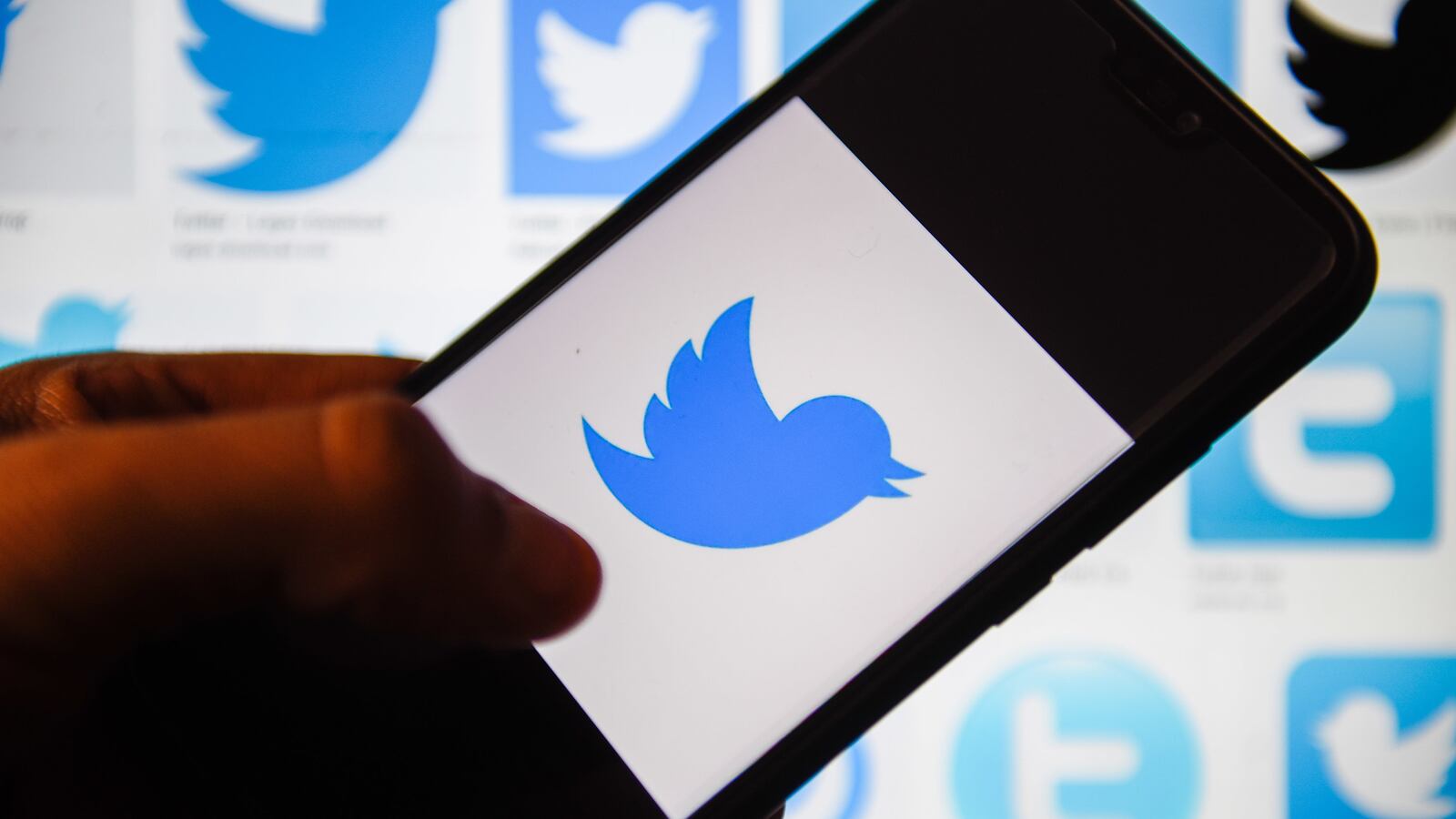In a series of tweets on Wednesday, Twitter CEO Jack Dorsey announced that his platform will end its practice of running political and issue-based ads.
“We believe political message reach should be earned, not bought,” Dorsey said.
Twitter plans to expand on the new policy in more detail a week before it kicks in on Nov. 21.
The decision, which has been in discussion for a few weeks, stands in contrast to Facebook’s current policy of not subjecting political ads to its fact-checking process. That policy, which Facebook CEO Mark Zuckerberg defended in a grand speech earlier this month, has stirred up a furor among critics who believe the company is not doing enough to monitor the disinformation spread through ads on its platform. Twitter’s decision will affect ads on the platform globally and will not be limited to ads in the U.S.
In his announcement, Dorsey noted that online political ads “present entirely new challenges to civic discourse” and noted that the potency of online advertising “brings significant risks to politics, where it can be used to influence votes to affect the lives of millions.”
Dorsey believes that the new and sophisticated nature of ad targeting can give some forms of information an unearned advantage.
In his tweets, Dorsey took direct aim at Facebook’s recent posture, stating that it is “not credible” for a company like Twitter to say it’s working to stem the flow of misinformation “buuut if someone pays us to target and force people to see their political ad…well...they can say whatever they want! 😉”
Twitter’s chief executive notes that the company thought about ending only its support for candidate ads, but saw issue ads as a loophole that could easily be used to avoid such restrictions.
Dorsey dismissed Zuckerberg’s own defense of Facebook’s lax political ad policies outright.
“This isn’t about free expression,” Dorsey said. “This is about paying for reach. And paying to increase the reach of political speech has significant ramifications that today’s democratic infrastructure may not be prepared to handle. It’s worth stepping back in order to address.”
Twitter’s new policy was met with mixed reactions, split along political lines.
“We appreciate that Twitter recognizes that they should not permit disproven smears, like those from the Trump campaign, to appear in advertisements on their platform,” Bill Russo, deputy communications director for the Biden campaign, told The Daily Beast.
“It would be unfortunate to suggest that the only option available to social media companies to do so is the full withdrawal of political advertising, but when faced with a choice between ad dollars and the integrity of our democracy, it is encouraging that, for once, revenue did not win out.”
Hillary Clinton also praised the decision, calling it “the right thing to do for democracy in America and all over the world.”
Meanwhile, the Russia’s state-funded news outlet RT was less than pleased. “Twitter bans political ads, caving in to ‘election meddling’ fearmongers,” RT tweeted, with a link to the news.
Trump 2020 Campaign Manager Brad Parscale similarly slammed the platform’s decision. “Twitter bans political ads in yet another attempt by the left to silence Trump and conservatives,” Parscale tweeted. “Wouldn’t be surprised if @twitter lifted the ban after 2020.”






